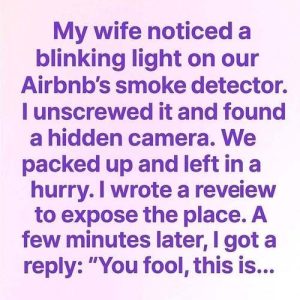I was down to twenty bucks and three packets of ramen when an unknown number lit up my phone. I almost let it ring out, but something—hope, stupidity, fate—made me answer.
“Ms. Miller? This is Adrian Whitcomb, attorney. I’m calling about the estate of Diane Miller.”
My aunt. The family ghost. I braced for bills, not fortune.
“She left you a substantial sum,” he said, then added, “with a condition.”
I had to live one year in her home—the Old Mill House—and keep a journal.
The place was a fading Victorian by a stream, smelling of rain and old paper. Inside, dust sheets, tall windows, and a desk hiding a leather journal and a silver key. Her entries were quiet: weather, birds, frost. Slowly, mine echoed hers. I learned the paths deer used, the names of wildflowers, the hush of the hills.
In time, I found her paintings—bright, alive—and letters revealing the truth: she’d once been engaged to an environmentalist, Arthur Finch. After his death, she’d devoted her life to restoring the valley they loved.
A storm unearthed a box near the mill wheel—inside, a locket, a map, and plans for a full ecological restoration. Her final letter called it my “true inheritance.”
The rest of the year became purpose: permits, crews, seedlings, townsfolk who turned skepticism into pride. We revived the stream, rebuilt the wheel, watched dragonflies return.
When my year ended, the attorney smiled. “Your aunt would be pleased.”
The city never called me back. The Mill House is home now—a promise kept, a dream continued.
People call it an inheritance. I call it a rescue—of a valley, a woman, and myself.





